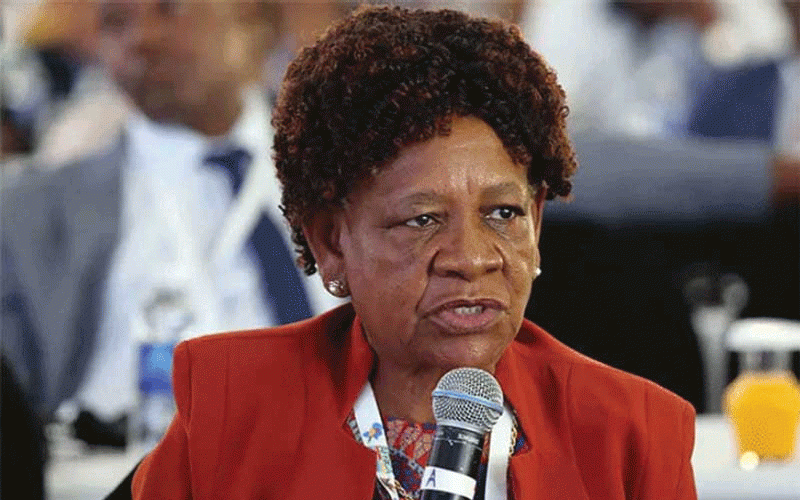
VICTORIA FALLS, Aug 26 (NewsDay Live) - The government has called for investment in composting plants, biogas digesters and waste-to-agriculture value chains to compliment various programmes initiated to fight effects of climate change.
Zimbabwe faces the dual challenge of ensuring food security while responding to the escalating impacts of climate change.
Addressing the Green Indaba held on the sidelines of the Zimbabwe Agricultural Show (ZAS) on Monday, Environment, Climate and Wildlife minister Evelyn Ndlovu said rising temperatures, erratic rainfall and prolonged droughts are no longer distant threats, but realities affecting Zimbabwean farmers, communities and economy.
She, however, said within these challenges lie opportunities to reimagine our systems and build resilience.
“We must empower youth, women and farmer co-operatives to lead green enterprises. Our vocational centres and universities are incubating homegrown technologies—let us harness them,” Ndlovu said.
“Climate action is not the responsibility of government alone. It demands collaboration across ministries, civil society, academia, the private sector, and international partners.
“I urge our development partners to continue supporting green finance, technology transfer, and capacity building. To the private sector: see waste not as a liability, but as a business opportunity.
“To our farmers: adopt sustainable practices that protect biodiversity and secure your yields. To our youth: lead the charge in green innovation.”
- Mavhunga puts DeMbare into Chibuku quarterfinals
- Bulls to charge into Zimbabwe gold stocks
- Ndiraya concerned as goals dry up
- Letters: How solar power is transforming African farms
Keep Reading
Ndlovu also for implementation of decisions made during deliberations.
“Let us move beyond conversation to implementation. Let us cultivate tomorrow—where our soils are fertile, our rivers clean, our industries green, and our communities resilient,” she said.
The 2025 edition of the Green Indaba on the sidelines of the Zimbabwe Agricultural Show, convened under the theme Connecting Today: Cultivating Tomorrow.
“This gathering is more than a conference; it is a call to action. We meet at a time when climate change, environmental degradation, and unsustainable agricultural practices threaten the very foundations of our livelihoods, ecosystems, and national development,” Ndlovu said.
“Our Climate Change National Adaptation Plan and the recently submitted 3rd Generation Nationally Determined Contribution (NDC 3.0) reaffirm Zimbabwe’s commitment to reducing greenhouse gas emissions by 40% per capita by 2035.
“These targets span agriculture, land use, waste, energy, and industry; sectors that must now work in synergy to deliver climate-smart solutions.”
The Environment, Climate and Wildlife minister said the commitments were not just abstract policies, strategies and guidelines, but pathways for real action.
“Agricultural waste is one such frontier. Improperly managed, it contributes to methane emissions, soil degradation and water pollution,” Ndlovu said.
“But when harnessed correctly, it becomes a resource; compost, biogas, organic fertilizer, and even animal feed. This is the essence of circularity: turning waste into wealth.”
She said the National Roadmap for Climate-Smart Agriculture and the Circular Economy in Organic Waste Management are guiding the government toward this transformation.
“Initiatives like Pfumvudza/Intwasa have already shown that organic approaches can enhance soil health, boost yields, and reduce reliance on synthetic inputs.
“These practices align with the Kunming-Montreal Global Biodiversity Framework and our National Biodiversity Strategy and Action Plan.
“In addition, all these efforts are anchored in our national development agenda, Vision 2030, which seeks to transform Zimbabwe into an upper middle-income society by 2030.”










